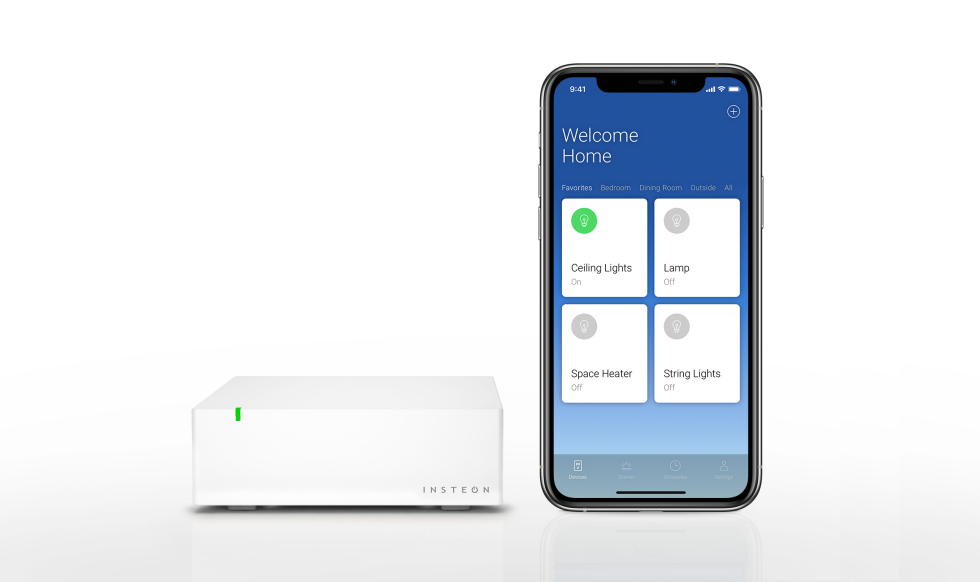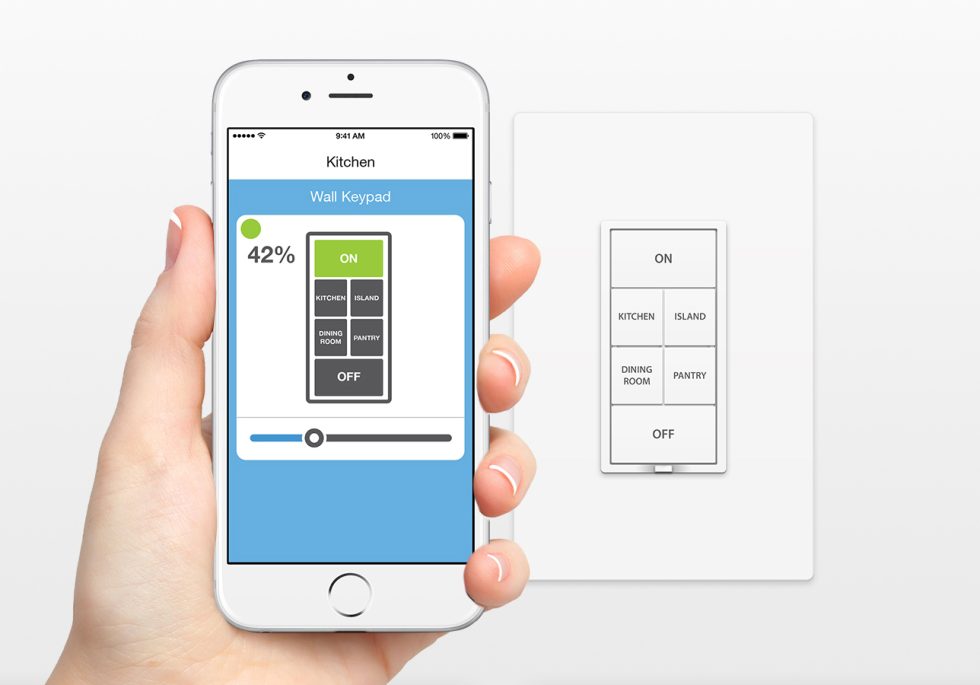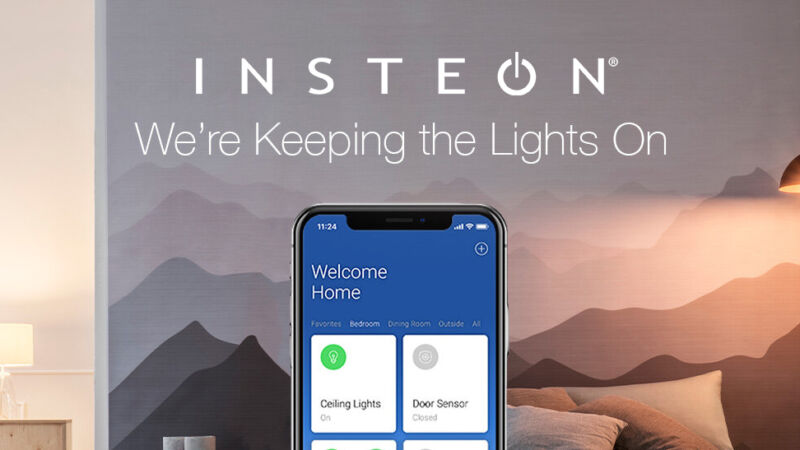The smart home company Insteon has vanished.
The entire company seems to have abruptly shut down just before the weekend, breaking users' cloud-dependent smart-home setups without warning. Users say the service has been down for three days now despite the company status page saying, "All Services Online." The company forums are down, and no one is replying to users on social media.
As Internet of Things reporter Stacey Higginbotham points out, high-ranking Insteon executives, including CEO Rob Lilleness, have scrubbed the company from their LinkedIn accounts. In the time it took to write this article, Lilleness also removed his name and picture from his LinkedIn profile. It seems like that is the most communication longtime Insteon customers are going to get.
Insteon is (or, more likely, "was") a smart home company that produced a variety of Internet-connected lights, thermostats, plugs, sensors, and of course, the Insteon Hub. At the core of the company was Insteon's propriety networking protocol, which was a competitor to more popular and licensable alternatives like Z-Wave and Zigbee. Insteon's "unique and patented dual-mesh technology" used both a 900 MHz wireless protocol and powerline networking, which the company said created a more reliable network than wireless alone. The Insteon Hub would bridge all your gear to the Internet and enable use of the Insteon app.

Insteon technically has a parent company, Smartlabs Inc., though Smartlabs and Insteon seem to share the same executives. Smartlabs Inc. owns the website smarthome.com, which primarily sells Insteon equipment, and it actually licenses the Nokia name for "Nokia Smart Lighting," which just seems to be rebranded Insteon equipment.
In 2017, Smartlabs Inc. was acquired by Richmond Capital Partners, a private investment firm founded by Rob Lilleness, and Lilleness was installed as CEO. Insteon scrubbed the blog post about this acquisition from its website, but archive.org still has the announcement. Insteon's biggest tech-news splash was being one of two launch partners for Apple's HomeKit in 2015.
With its servers down, the Insteon app appears worthless, and users' automations and schedules have stopped working. Many of Insteon's wall switches were actual electrical switches, so the worst that will ever happen is that they become dumb switches. Even without the Insteon servers and app, Insteon's protocol has been reverse-engineered for a while now, so it's possible to control the devices locally without the app. It's also possible to pipe that local control into another platform's hub controller, returning the smarts and remote access to your smart home.
Home Assistant is probably the most popular upgrade path—it's an open source home server that you control, so nothing like this can happen to you ever again. OpenHab is another open source option with Insteon support, and a Homebridge plugin can get Insteon working with Apple's HomeKit.

If you are a spurned Insteon user seeking to move your hardware to some other system, whatever you do, don't factory-reset your Insteon Hub. Apparently, contacting Insteon's servers is a key step of the initial setup, so this may now fail. Home Assistant has already updated its Insteon page with a warning for users. It reads:
The Insteon company has shut down and turned off their cloud as of April 2022. Do not factory reset your device under any circumstances as it will not be recoverable.
Users on the /r/insteon subreddit are processing their collective grief right now, and with the official forums dead, that's probably the biggest community out there for help. Everyone is in the same boat and investigating lots of porting options.
A company shutdown, especially a smart home company shutdown, is never easy. Many customers invested hundreds of dollars into this formerly multimillion-dollar ecosystem; suddenly closing up shop like a bunch of fly-by-night grifters would be an unacceptable way to treat paying customers. Hopefully, more communication will be forthcoming.
The company could have given everyone a month's notice that it was going out of business. It could have open sourced code or posted documentation to help users get running on some other system. It could have given forum members a chance to get organized on some other site.
But that didn't happen. Instead, Insteon committed the cardinal sin of smart home companies: leaving customers—and their gear—in the lurch.



3175x175(CURRENT).thumb.jpg.b05acc060982b36f5891ba728e6d953c.jpg)

Recommended Comments
Join the conversation
You can post now and register later. If you have an account, sign in now to post with your account.
Note: Your post will require moderator approval before it will be visible.